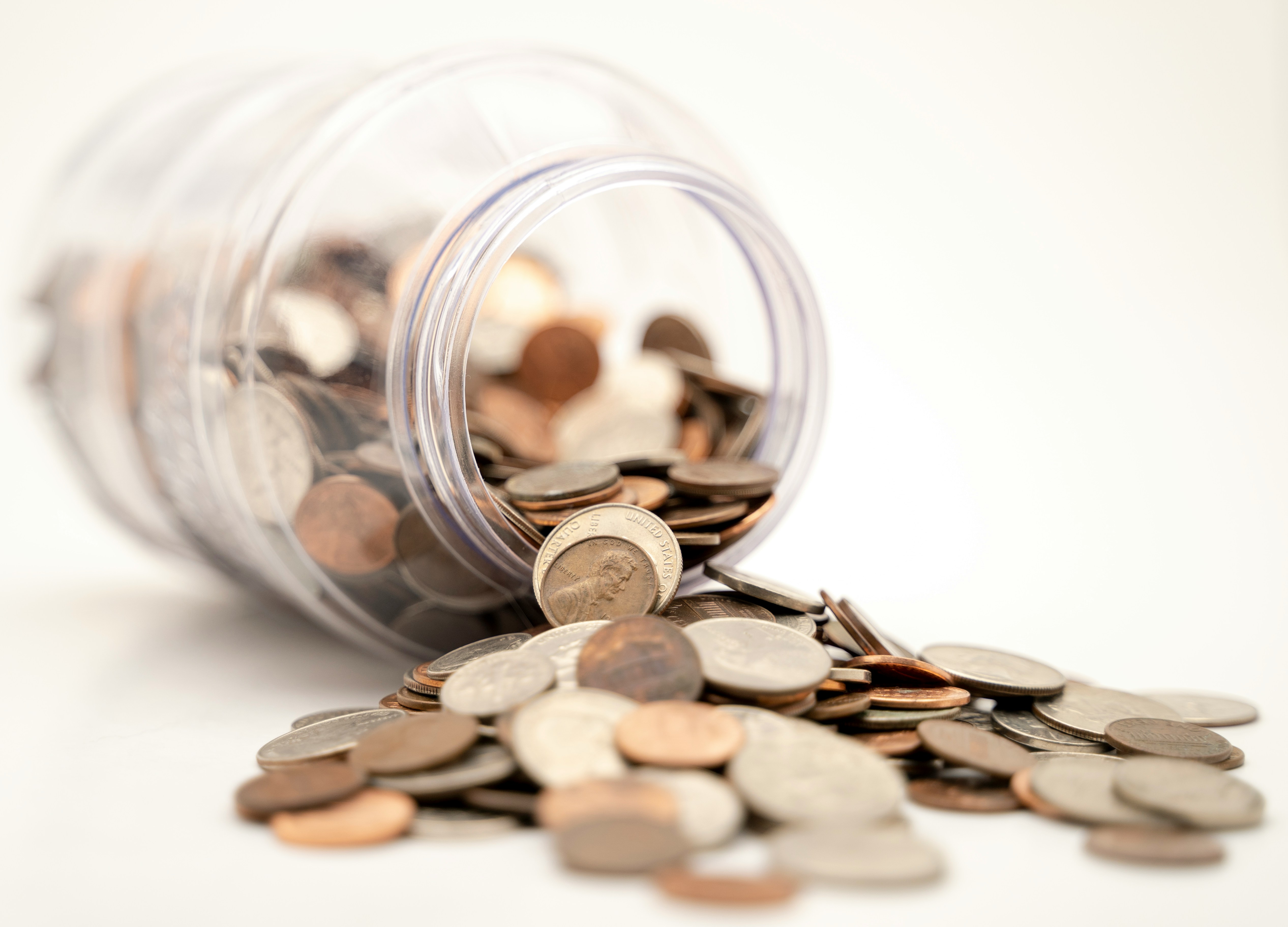Buying a home isn't as simple as just finding a house you like and agreeing on a price with the seller. Unless you've got loads of money lying around, you'll need to obtain a mortgage. While you can't quickly change your income or credit history, there are certain things you can do to improve your chances of securing a mortgage on fair terms. So before you head off to find and purchase your dream house, consider the tips below to help you prepare in getting a good mortgage loan through loans.com.au.
Check Your Credit Score

One of the first things you will want to do is check your credit score. This is because fixing any issues with your credit score or raising your credit score takes a lot of time, so you'll want to start on this process as soon as possible if necessary. Your credit score is also incredibly important in determining the likelihood of getting approved for a mortgage and how much your rate will be. Having a good credit score shows lenders you are able to pay them back.
Pay Off Debt

Lenders don't want to see nearly 40 percent of your income dedicated to paying off loans. Pay down any debt you have accumulated — whether through car loans or credit card payments — before applying for home loans. By reducing or paying off your debt, you will help raise your credit score and improve your chances of securing a mortgage.
Review Lenders

Just like buying a house, shop around and check reviews on lenders before handing off all of your personal and financial information to one. You want to do your research first. Make sure the lender you plan to work with is legitimate by conducting a free warrant search or background check through an online database on the person. You don't want to work with someone who will take advantage of you or has a criminal record or outstanding warrant. By using a people search engine, you can check the lender's public records and determine if this is a decent person to work with.
Organize Documents and Assets

Generally, lenders want to see at least two years' documentation of your federal taxes and your last two months of bank statements. They want to see what your saving and spending habits are like, how much money you have put away for emergencies or a potential change in your income status, and if you are financially responsible. It's a good idea to organize and prepare these documents before applying for a home loan.
Avoid Major Spending

Hold off on making any big purchases (like buying a new car or purchasing furniture for your home) until the check clears. This is because any major spending you do while applying for a loan can have an impact on the loan's approval and finalization. Charging your credit card could cause your credit score to lower if you have any outstanding debt on it. Also avoid taking too much money out of your bank account as lenders will monitor these accounts to make sure that the numbers match what you said when applying for a loan.
Understand What You Can Afford
When applying for a loan, keep in mind that most lenders use the 28/36 rule. This rule says that your monthly mortgage payment should not be more than 28 percent of your gross income and your ongoing debt payments, such as student loans, car payments, and your mortgage, should not be more than 36 percent of your gross income. By using this guideline, you'll be able to determine what your borrowing limits are and make adjustments if necessary.




0 comments:
Post a Comment